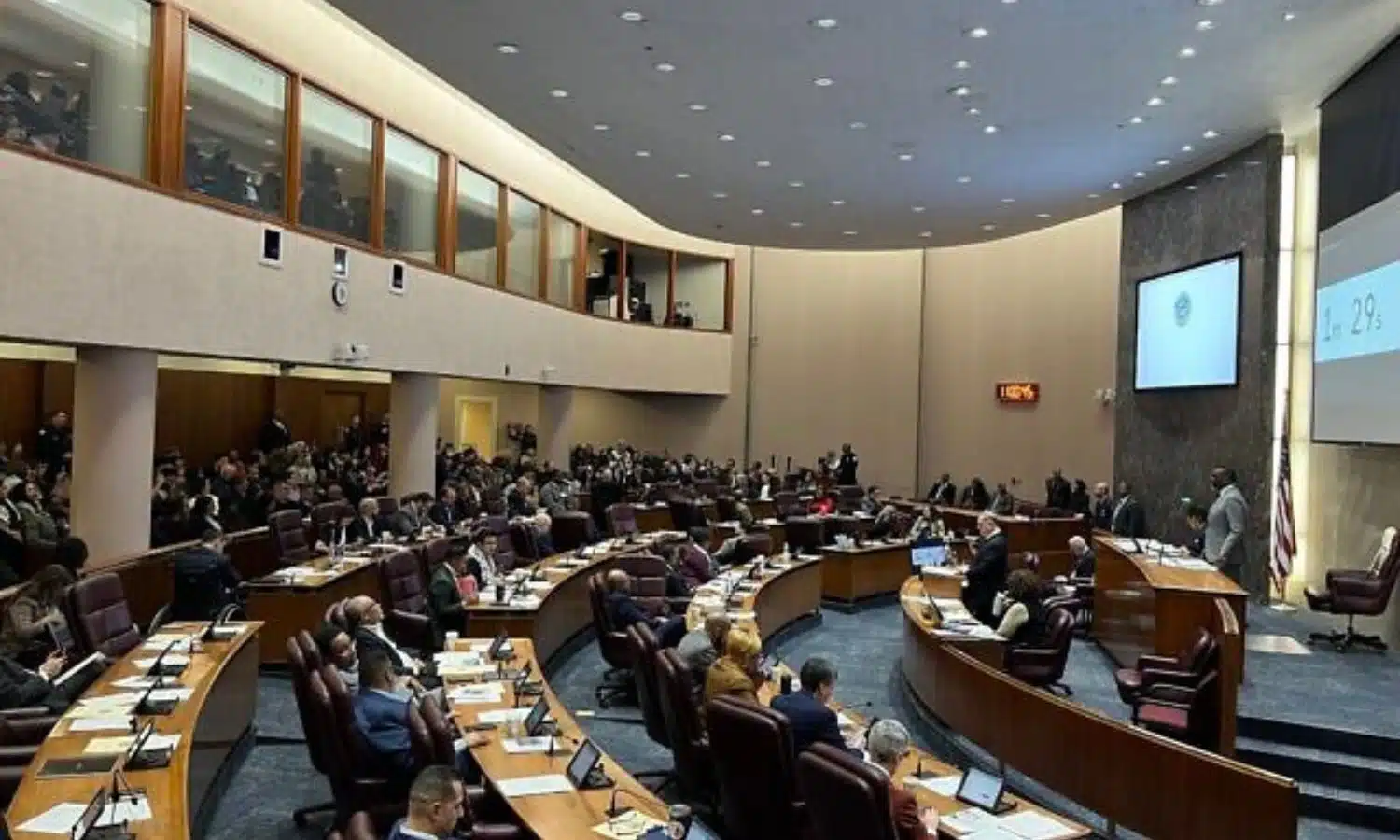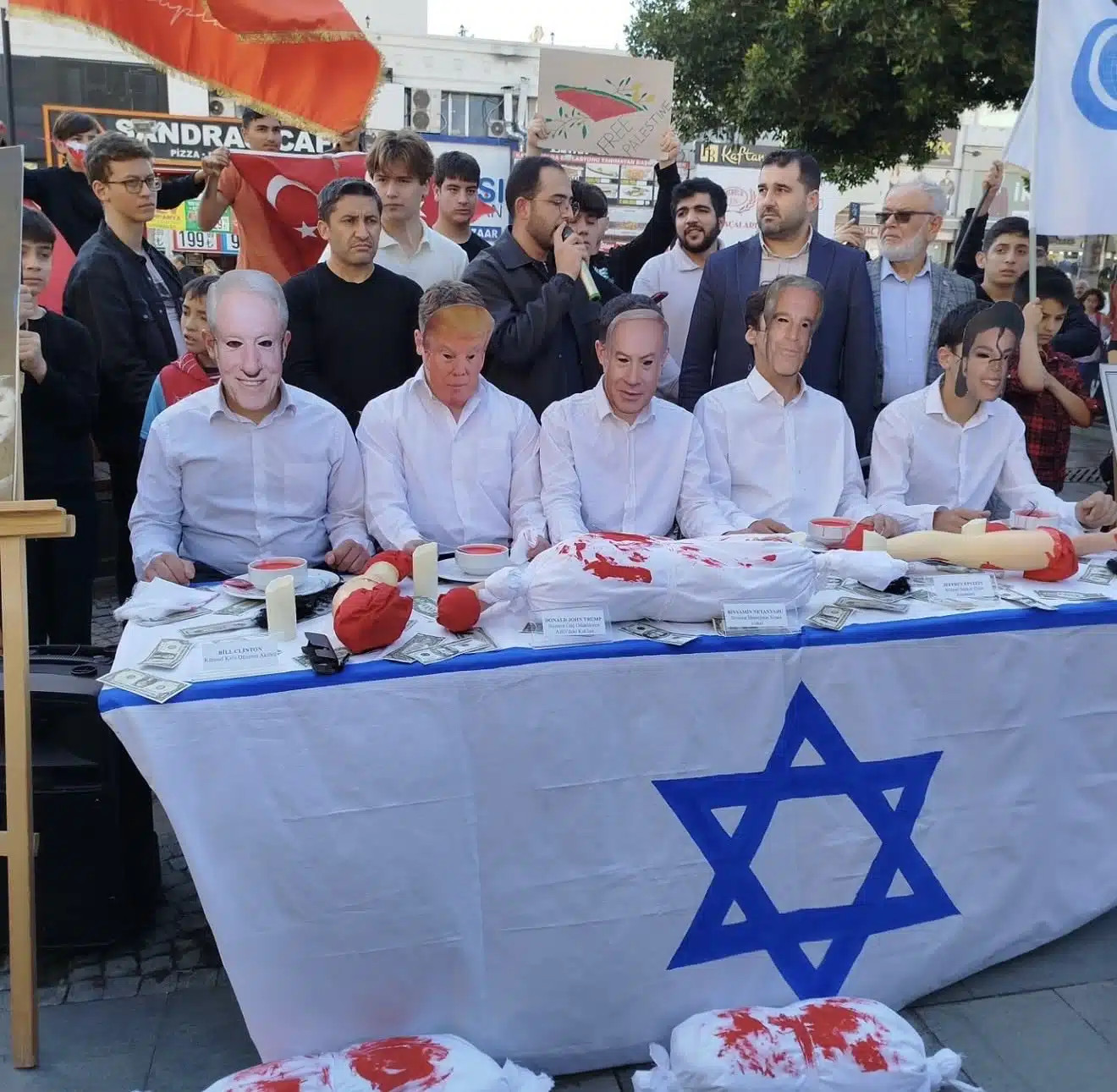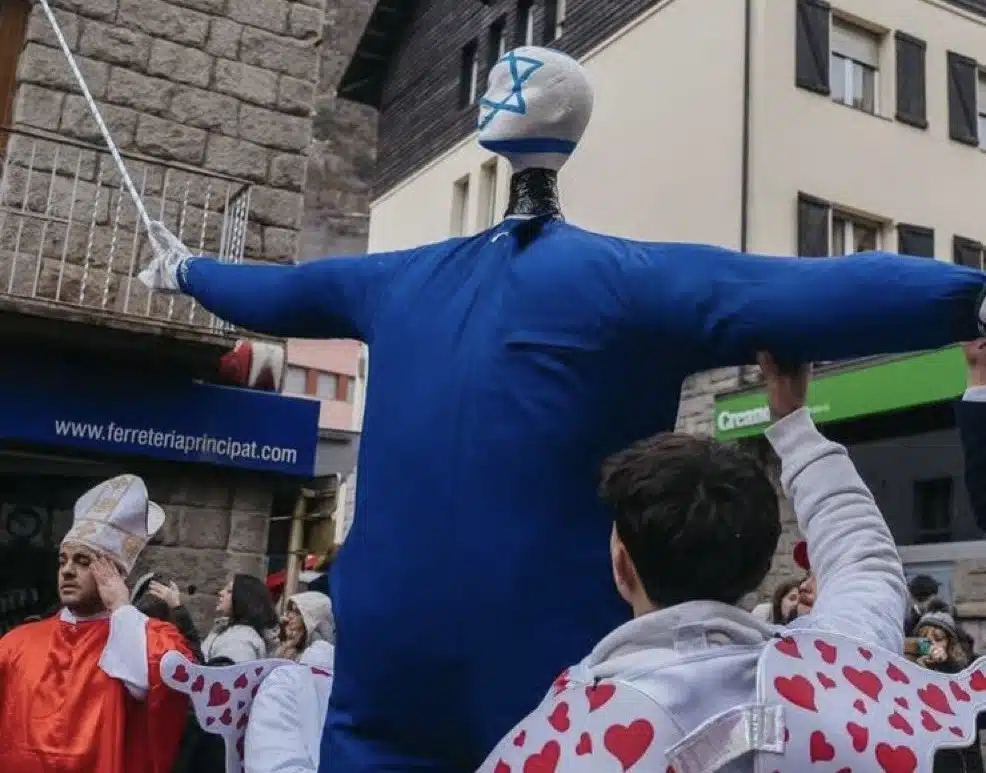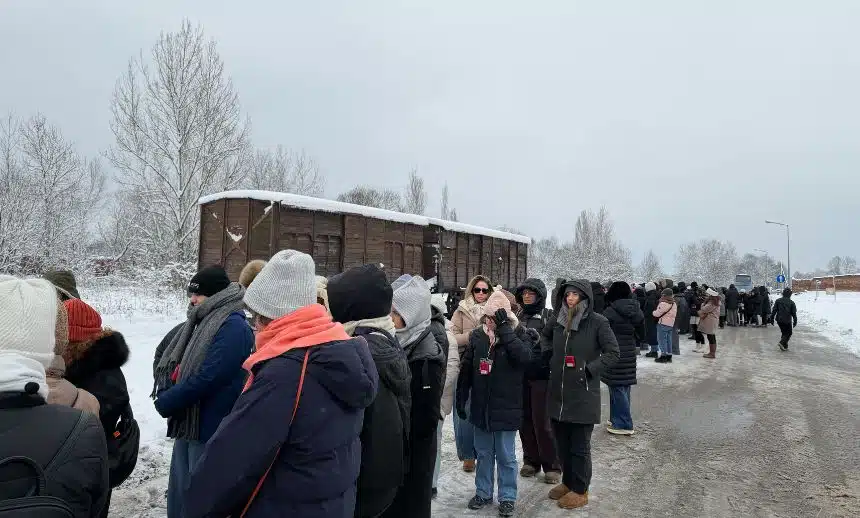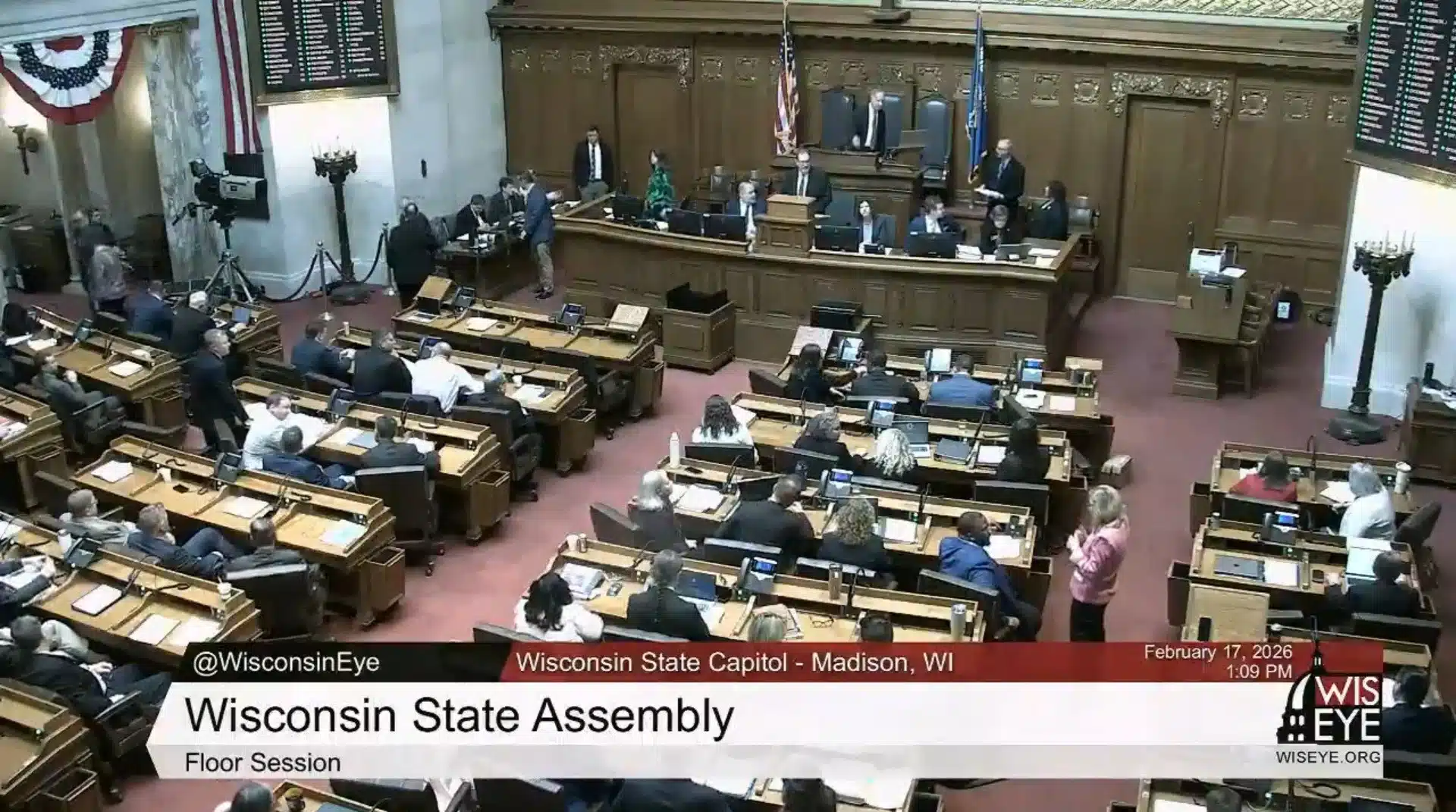|
Getting your Trinity Audio player ready...
|
This article was authored by Derek Tassone, Research Analyst for the Combat Antisemitism Movement (CAM) Antisemitism Research Center:
On January 31, a controversial decision echoed through the chambers of the Chicago City Council — a municipal call for a ceasefire in the Gaza Strip amid Israel’s ongoing military response to the October 7th massacre perpetrated by Hamas.
While the resolution gained widespread media coverage following its narrow passage, Chicago is just one of almost 50 U.S. cities to have passed similar measures, according to a recently-released Reuters report, with San Francisco, Oakland, Seattle, Minneapolis, Detroit, St. Louis, and Atlanta, among them.
While the Chicago City Council obviously lacks jurisdiction over the armed conflict in Gaza, the resolution’s impact lies in the realm of inspiration rather than direct influence. It doesn’t wield tangible implications, but its failure to demand the disarmament of the group responsible for the largest attack against Jews since the Holocaust undermines the chances for a peaceful regional future, and the resolution also promulgates antisemitism through demonization of the world’s only Jewish state.
City councils focusing on promoting an immediate ceasefire that would see Hamas remain in power legitimize contemporary forms of antisemitism that threaten the well-being and safety of their respective Jewish constituents.
Throughout the debate over the Chicago resolution, protesters shouted down the sole Jewish member of the City Council, Debra Silverstein, asking, “Debs, are you cleaning war crimes out of your desk? Are you using all the Zionist money?” — an example of blatant antisemitic rhetoric substituting “Jew” with “Zionist.”
Following Councilwoman Silverstein’s address, Councilman Byron Sigcho Lopez — who a mere week after October 7th voted against a resolution condemning the indiscriminate slaughter and rape of Israeli men, women, and children — spoke, once again questioning the truth of the horrors perpetrated by Hamas, saying, “Allegations are being presented as facts, propaganda is being presented as evidence.”
Denying the plethora of evidence regarding sexual violence committed by Hamas (as confirmed by both The New York Times and The Associated Press) is a reprehensible and targeted erasure of victimhood against Israeli citizens — an action that can only be described as antisemitic. Disregarding the indiscriminate massacre of civilians, including 12 children ages 1 to 9 and 25 adults over the age of 80, because they were Israeli Jews encourages and feeds a vitriol that leads to dehumanization and danger for Jews.
Chicago is just the most recent U.S. city to adopt a ceasefire resolution, albeit the largest to pass one so far. The Minneapolis City Council, for example, voted 9-3 to adopt a ceasefire resolution. One of its most prominent proponents, Socialist Councilwoman Robin Wonsley, celebrated its adoption with hundreds of anti-Israel protesters chanting, “From the river to the sea, Palestine will be free.”
Numerous other incidents of antisemitism in connection with local governments adopting ceasefire resolutions have been monitored in recent weeks. For example, during a City Council meeting in Oakland, California, where six council members refused to condemn Hamas and passed a ceasefire resolution, a UC Berkeley professor stated, “The notion that this was a massacre of Jews is a fabricated narrative.”
During the San Francisco City Council’s debate on a ceasefire resolution, a Jewish woman opposing the motion was subjected to mockery by anti-Israel protesters who made pig noises. In Detroit, Michigan, the city council member behind the ceasefire resolution, Gabriela Santiago-Romero, accused Israel of “indiscriminate bombing” and “war crimes.” Also in San Francisco, a Jewish resident whose family members were murdered and taken hostage by Hamas on October 7 was subjected to blatantly antisemitic heckling while testifying before the city council.
At a Dekalb County Commission meeting in Georgia, a ceasefire resolution that flagrantly mischaracterized Israel’s response to October 7th was debated. The resolution labeled Israel’s actions as “indiscriminate retaliation” resulting “in the collective punishment upon the civilian population of Gaza.” While debating this biased and deliberately provocative proposal, an attendee supporting it encouraged council members to “stop hiding behind who you might be afraid of, who has Jewish money to give you.”
These resolutions, devoid of tangible real-world solutions, end up being more of a virtue signal than a constructive step forward. Instead of addressing the complex issues at hand, they risk amplifying the antisemitic fringes of the far left, providing little substance in the pursuit of genuine resolutions seeking to foster a sense of community healing, tolerance, and understanding.

